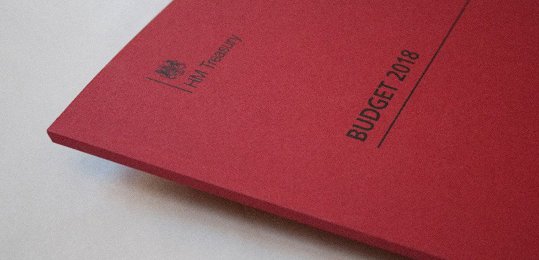Rising house prices and increases in other assets have seen HMRC launch more investigations to ensure individuals are paying the correct amount of inheritance tax (IHT). If an investigation finds that IHT has been underpaid, the estate may have to pay all of the tax owed plus a penalty of potentially up to 100% of the tax due.
Areas that HMRC are likely to look into when they investigate an IHT return include whether the figures submitted accurately reflect market value - particularly in respect of residential property and whether any assets have been omitted deliberately or due to lack of reasonable care.
The area most likely to be queried by HMRC is the valuations of residential property that is passed onto beneficiaries. In some cases, HMRC might argue that additional value should be attributed to properties that have potential for refurbishment, or development of any attached land to prevent the under-valuing of property to “save” on IHT.
HMRC have also stated that, according to their research, they have found that the main reason individuals set up trusts is to reduce their inheritance tax (IHT) liability through the use of the nil rate band, placing assets up to the threshold (currently £325,000) into the trust with no inheritance tax charge (if they survived for seven years).
Areas that HMRC are likely to look into when they investigate an IHT return include whether the figures submitted accurately reflect market value - particularly in respect of residential property and whether any assets have been omitted deliberately or due to lack of reasonable care.
This is despite the fact that there is also the option of gifting the same amount or even more and not having to pay any IHT. Gifting however was not seen as a viable option because this would not allow them to still be in control of the assets. They wanted to be able to pass on their assets but continue to be in control of how they were managed and used for a set period of time.
In response to this, tax advisers were of the view that settlors did not set up trusts primarily for tax purposes but for reasons, such as flexibility and control.



